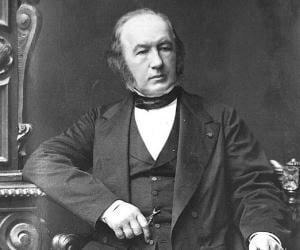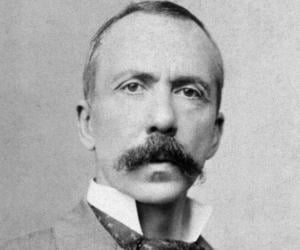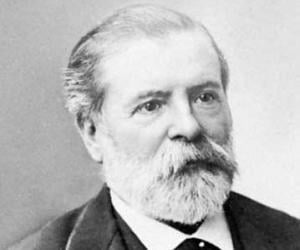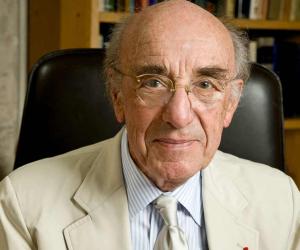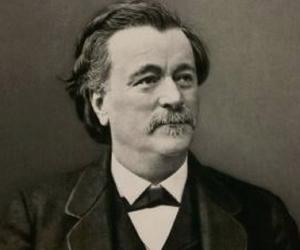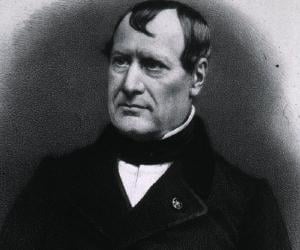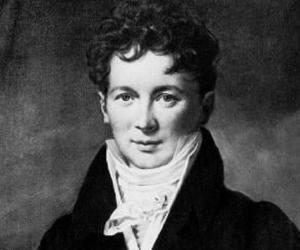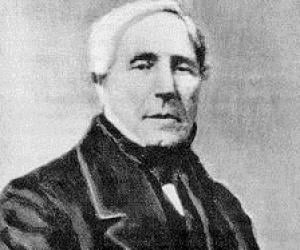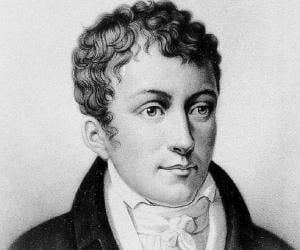1
Claude Bernard
(Physiologist)
Birthdate: July 12, 1813
Sun Sign: Cancer
Birthplace: Saint-Julien, France
Died: February 10, 1878
Claude Bernard was a prominent French physiologist known for his groundbreaking work in physiology. He is recognized for introducing the term "milieu intérieur" and the concept of homeostasis, which revolutionized the understanding of the body's internal environment regulation. Bernard's contributions to science have been highly acclaimed, with historian I. Bernard Cohen describing him as one of the greatest men of science. His work laid the foundation for modern physiology and his insights continue to influence the field to this day.
